Insights
A collection of insights, case studies, and issue briefs to assist you in your CSR and sustainability journey.
Understanding Sustainability Reporting Frameworks: A Look at the Sustainable Accounting Standards Board (SASB)
SASB Standards were developed based on extensive feedback from companies, investors, and other market participants as part of a transparent, publicly documented process. This detailed and transparent undertaking includes evidence-based research, broad participation from companies, investors, and subject matter experts, as well oversight and approval from an independent Standards Board.
Why Everyone Forgets the S in ESG
While companies ideally should be focusing on the E, S, and G pillars equally, that is frequently not the case. Decision makers who drive ESG, such as global investors, regulators, businesses and individuals, tend to prioritize the ‘E’, and even the ‘G’, over the ‘S’ for a variety of reasons. The ‘S’ has even been called “the ugly duckling” of the trio.
The Voluntary Carbon Market: A Valuable Addition To Your Decarbonization Strategy
One supplementary pathway for companies to address climate change is by participating on the voluntary carbon market – by purchasing carbon credits: RECs and offsets. (Cue the song “Who will buy,” in Oliver.)
Can't Buy Me Love: What are Companies Actually Doing to Advance the Rights of the LGBTQ+ Community?
A month that is supposed to represent the ongoing fight for the rights and representation of the LGBTQ+ community has become conflated with rainbow capitalism and performative activism. Targeted LGBTQ+ marketing increased in the early 2000s in an attempt to target ‘the pink economy,’ the collective purchasing power of the LBGTQ+ community valued at nearly $300 billion in the U.S. alone.
Social Impact Goal Setting: Applying Best Practices to Achieve Successful Outcomes
Benchmarking often assumes companies and organizations operate in virtually identical contexts or face similar challenges. But we all know that achieving social impact outcomes often requires tailored approaches that address very complex and varied situations. It’s time to take a different approach.
Will Your Company Need to Comply with Canadian Bill S-211: Fighting Against Forced Labor and Child Labor in Supply Chains Act
If your company has operations in Canada it is possible that the new Canadian human rights law, the Fighting Against Forced Labor and Child Labor in Supply Chains Act, may impact your supply chain.






